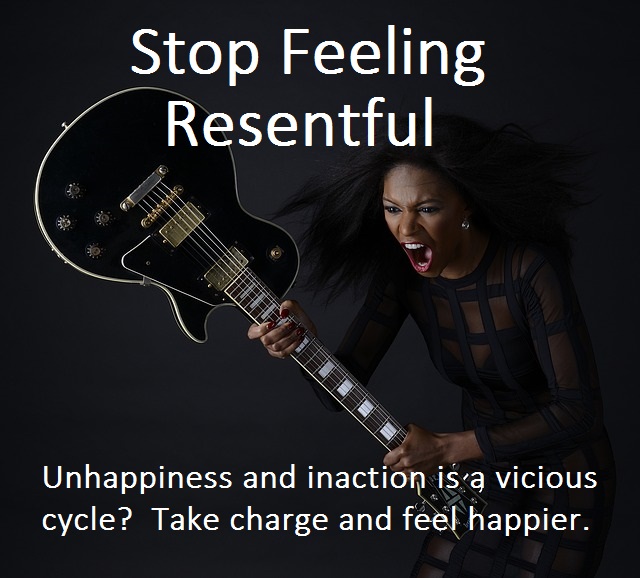Domestic Violence Against Women
 |
It's About Control
Domestic violence against women one of the several different types of domestic violence that has unique characteristics. When used against women this type of domestic abuse is characterized by the attempt of a male partner in an intimate relationship with a woman to gain total control over her, by playing on her emotions, by harassment, or physical or sexual abuse. |
Approximately 5 million females in the United States are victims of domestic violence against women every year, and some 1,200 are murdered by a husband or boyfriend. On the surface, the relationship between an abuser and his wife may seem normal and loving, even to close friends and relatives, but abusers are very adept at presenting a different picture of themselves to the world than the person their wife and children see when he flies into an uncontrollable rage.
Excellent Play Concerning Domestic Violence Against Women
Approximately 5 million females in the United States are victims of domestic violence against women every year, and some 1,200 are murdered by a husband or boyfriend. On the surface, the relationship between an abuser and his wife may seem normal and loving, even to close friends and relatives, but abusers are very adept at presenting a different picture of themselves to the world than the person their wife and children see when he flies into an uncontrollable rage.
Women in abusive relationships are often afraid to leave because they don't have anywhere to go, especially if they have children. Their financial and job situation may be precarious. Many female partners involved in domestic violence against women don't have credit on their own to be able to get an apartment, and since they've been abused for a long time, probably haven't been able to keep a steady job, and have a poor work history, making it even more difficult to survive on their own.
Statistics show that low-income women, minorities, and young women are most often the targets of domestic violence against women. Women under 24 are among the highest numbers for rape cases. One out of every five women in the United States will be raped or be the victim of an attempted rape while she's in college. Statistics also reveal that the lower the income a household has, the more likely that domestic violence in the home will occur. African American and Native American women have the highest risk of being domestic abuse victims by the men they are in a relationship with.
Contributing Factors to Domestic Violence Against Women
Violent Past: Men who were abused as children or have had a past history of violent behavior, are more likely to become abusers than those raised in a more stable household.
Drug/Alcohol Abuse: Men who have a history of drug or alcohol abuse are more likely to be abusive toward their spouse. When anyone is under the influence of drugs or alcohol, they become frustrated and angry much faster, and can't reason things rationally. They're more likely to turn on their spouse while under the influence. She could be beaten or even be a murder victim.
If there are children in the home, just because he's never abused them before, doesn't mean it will never happen. A woman's first priority when she's an abuse victim, should be the safety and well-being of her children.
Domestic Violence Against Women Often Leads to Alienation
Often when a woman is getting abused by her spouse, she's alienated from her family and friends, and is suffering from psychological problems due to being verbally and physically beaten. Family and friends who know about the situation may not be able to understand why she just doesn't leave, but abusers are adept at making their victims think the abuse is their fault, and they may even threaten to keep them from their children if they leave. Every situation is different, even though there may be similar traits among abusers.
Don't Be Fooled
The Cycle of Domestic Violence Against Women is Repetitive
When making a decision about how to handle your own situation, you have to decide what you feel is best for you. If you have children, the most important thing to keep in mind is their safety. If the abuser claims the abuse will never happen again, you can't be assured of that. Abusers will lie about anything to keep control and get their own way. An abusive person must first take responsibility for his own actions and stop pointing fingers at his wife or girlfriend, or making excuses about his unhappy childhood, his addiction, or whatever it is. An abuser must havelong term therapy to control his anger and stop the abusive behavior. It is possible, but isn't easy.
If the abuse has stopped, don't think it will never happen again. Many abusers will stop their behavior if they think they may face prison, but it could happen again. Domestic violence against women normally follows a recurring domestic violence cycle that includes long periods of relative calm and peacefulness.
The goal of an abuser is to be in charge and control you. If you stay with him, it's only showing him that he is still in charge, and in one way, you're only reinforcing his actions.
There is always the possibility that the abuse will end, but you have to think of yourself and your children. He may be making a real effort to control his anger, and if he is, that's a good sign. But if he still blames you for everything that's wrong in his life, you should consider moving on with your life for your own safety and peace of mind.
You can tell an abuser isn't really changing if he still blames you, claims you're the abuser, tells you he can't change if you don't stay with him, he pressures you in any way, or he makes the abuse seem like it wasn't serious.
If this is the case, you should make plans to get to a shelter, contact the authorities for a restraining order, and get a good attorney to handle your case. An attorney can advise you of your options. You and your children deserve a life without living in fear of abuse.
Return from domestic violence against women to more resources for domestic violence help ...




